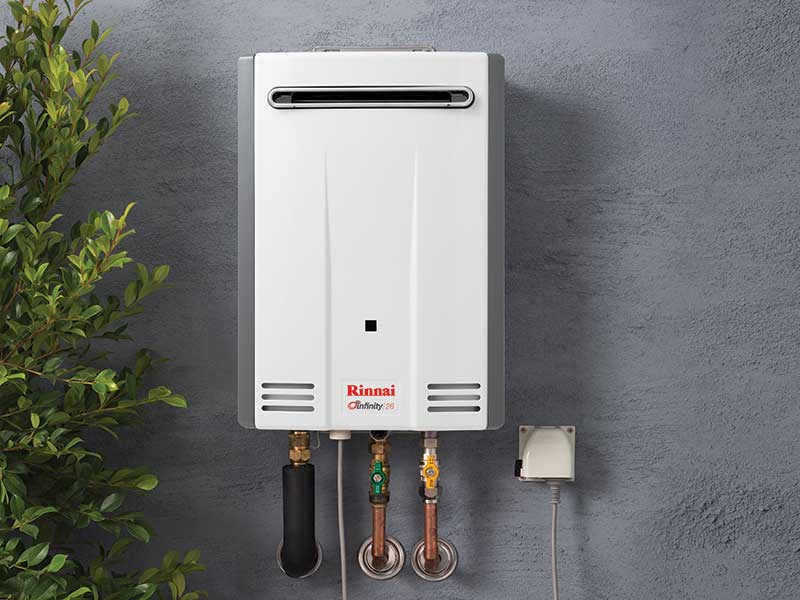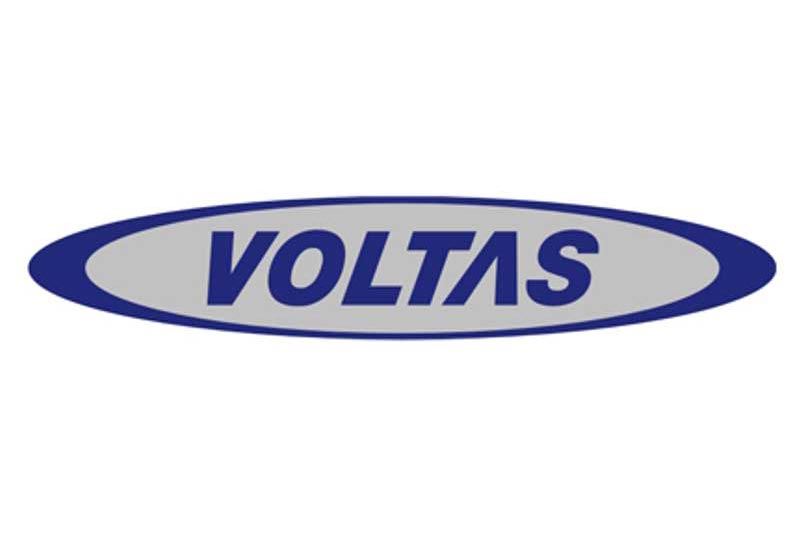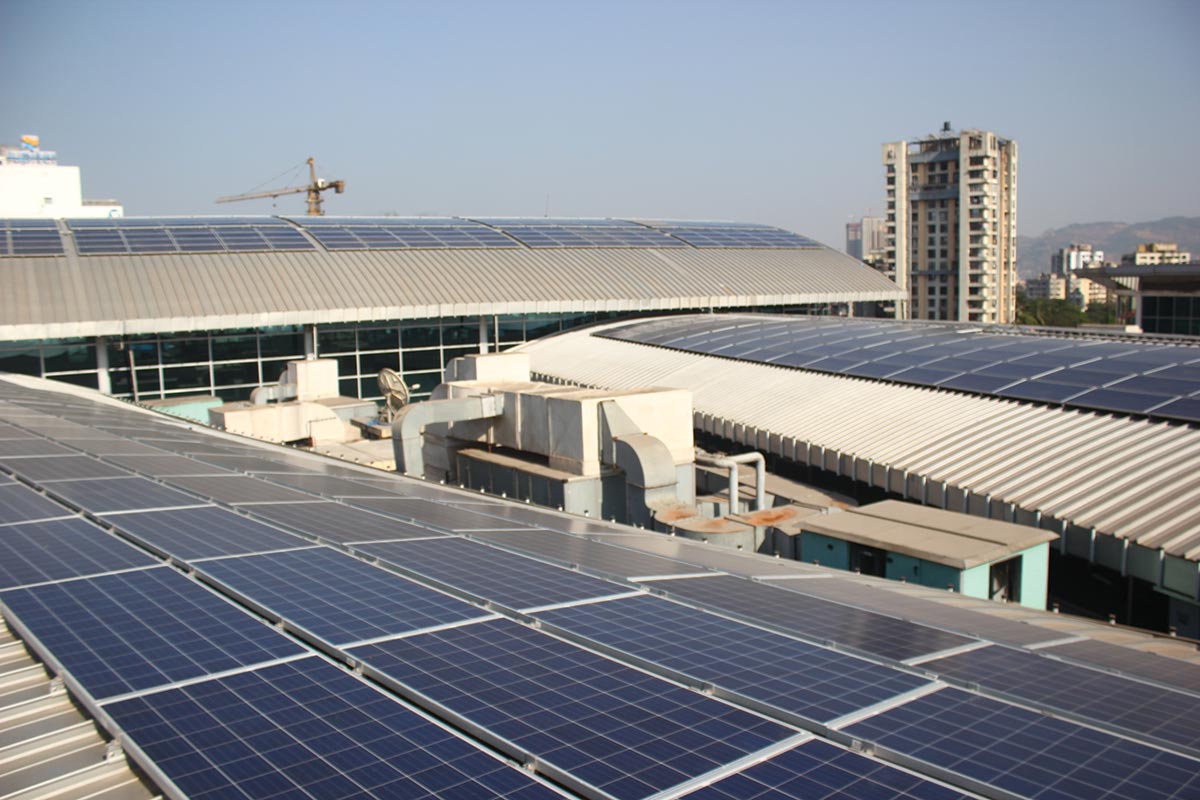
The Indian market is prioritising enhanced insulation and fire retardancy, with high-quality, performance-driven, advanced and sustainable products and solutions for India’s construction industry. India’s market dynamics are particularly interesting because the demand is primarily driven by internal growth rather than exports.
PU insulation systems
At Pearl Group, our key objective is to promote the use of building materials that conserve CO2 on a large scale, and over decades. Our eco-friendly materials and energy-efficient solutions like PU insulation systems that include sandwich panels, insulation boards, and spray foam, are designed to provide superior thermal insulation and energy efficiency, and deliver long-term benefits.Polyurethane is one of the greenest materials available due to its exceptional energy-saving capabilities. Our award-winning low lambda solution for metal panel customers, improves insulation performance of polyurethane foam by yet another 20% compared to other standard systems. Pearl Group also incorporates green ingredients like cashew nut, shell oil and castor oil, into several of its polyester products. Solar panels power 80% of our plants.

Digital progress counter
Pearl Group has installed a real-time digital progress counter to calculate the CO2 savings. The digital counter is a tangible way to draw attention to the significant impact of proper insulation and energy efficiency on reducing emissions, especially considering that buildings account for one-third of global CO2 emissions, half of which can be mitigated with proper insulation.As for the methodology behind the CO2 savings calculation, it was meticulously analysed and tested prior to being certified by TÜV Rheinland, the German company known for its rigorous standards. This third-party validation brings transparency, and emphasises the importance of tightening building codes and adopting sustainable practics. Since installing the real-time digital counter, people have become more aware of proper insulation’s impact on CO2 reduction, making the concept of CO2 savings more tangible to the stakeholders and decision-makers.
The counter also serves as a powerful tool in our discussions with municipalities and regulatory bodies, helping convince them of the importance of tightening building codes to reduce CO2 emissions by avoiding thermal energy waste, and encourage broader adoption of proper insulation practices across the industry.
In cost-sensitive markets like India, where customers are increasingly drawn to solutions that offer both sustainability and economic value, polyurethane insulation stands out as a smart investment that pays off in reduced operational costs, while contributing to a greener footprint. As the market continues to evolve, customers are realising that opting for energy-efficient insulation is not just an environmentally responsible choice but one that makes financial sense.
Martin Kruczinna
Building codes should mandate higher insulation standards
To effectively reduce thermal energy waste, decision-makers need to prioritise the implementation of stricter building codes that mandate higher insulation standards. These codes should apply to new residential and commercial buildings as well as existing structures, emphasising the importance of retrofitting. By defining clear insulation values for outer walls, roofs, and other key areas, we can ensure that buildings meet these higher standards, regardless of the material used. Associations like the Indian Polyurethane Association (IPUA) can educate decision-makers on the benefits of these actions.It is also crucial to bring awareness on the long-term benefits of proper insulation in terms of energy savings and environmental impact. The industry must work closely with governments and municipalities to ensure these enhanced standards are adopted and enforced, significantly reducing thermal energy waste across the board.

Transiting to greener alternatives
Customers are eager to adopt green solutions as long as they are also cost-efficient. Customers who choose polyurethane insulation with verified CO2 emission reductions can experience substantial financial benefits. By minimising thermal energy waste, polyurethane insulation reduces the need for excessive heating and cooling, leading to lower energy consumption. This translates into direct cost savings on energy bills, whether electricity for air conditioning or heating systems.We provide our customers greener alternative options, with a clear understanding of the pros and cons of each option, so that they select the one most beneficial to them. We ensure that the insulation system they select meets their specific needs. We also offer guidance on legal implications, environmental impact, and performance trade-offs. Whether they opt for the most common solutions or more specialised alternatives, we are ready to supply and support them at every step of the way.















